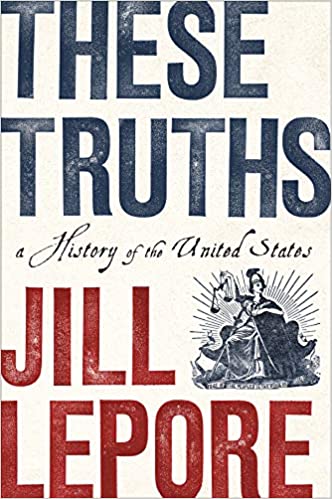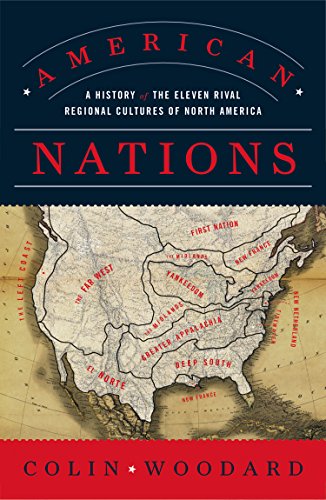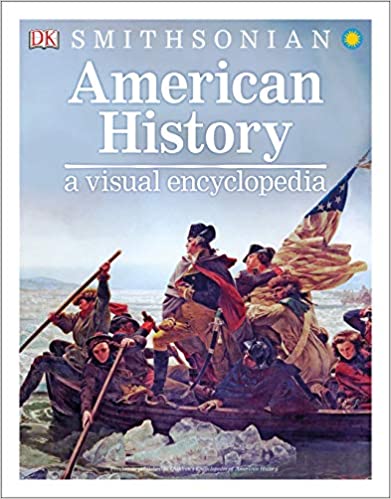Jill Lepore These Truths: A History Of The United States
Last updated: October 17, 2022
Written by Harvard professor Jill Lepore, this book takes an introspective look at the history of America in an effort in an effort to reflect on where we've been. The chapters are organized in sections by both time and theme to make it easier for readers to absorb the information. This book focuses on the three truths "we hold to be self-evident:" political equality, natural rights and the sovereignty of the people.
We looked at the top American History Books and dug through the reviews from some of the most popular review sites. Through this analysis, we've determined the best American History Book you should buy.
Product Details
Key Takeaway: This American history book tells the history of the country in a way intended to be both reflective and insightful.
In our analysis of 34 expert reviews, the Jill Lepore These Truths: A History Of The United States placed 3rd when we looked at the top 7 products in the category. For the full ranking, see below.From The Manufacturer
In the most ambitious one volume American history in decades, award winning historian and New Yorker writer Jill Lepore offers a magisterial account of the origins and rise of a divided nation, an urgently needed reckoning with the beauty and tragedy of American history. Written in elegiac prose, Lepore’s groundbreaking investigation places truth itself―a devotion to facts, proof, and evidence―at the center of the nation’s history. The American experiment rests on three ideas―”these truths,” Jefferson called them―political equality, natural rights, and the sovereignty of the people. And it rests, too, on a fearless dedication to inquiry, Lepore argues, because self government depends on it. But has the nation, and democracy itself, delivered on that promise? These Truths tells this uniquely American story, beginning in 1492, asking whether the course of events over more than five centuries has proven the nation’s truths, or belied them. To answer that question, Lepore traces the intertwined histories of American politics, law, journalism, and technology, from the colonial town meeting to the nineteenth century party machine, from talk radio to twenty first century Internet polls, from Magna Carta to the Patriot Act, from the printing press to Facebook News.







